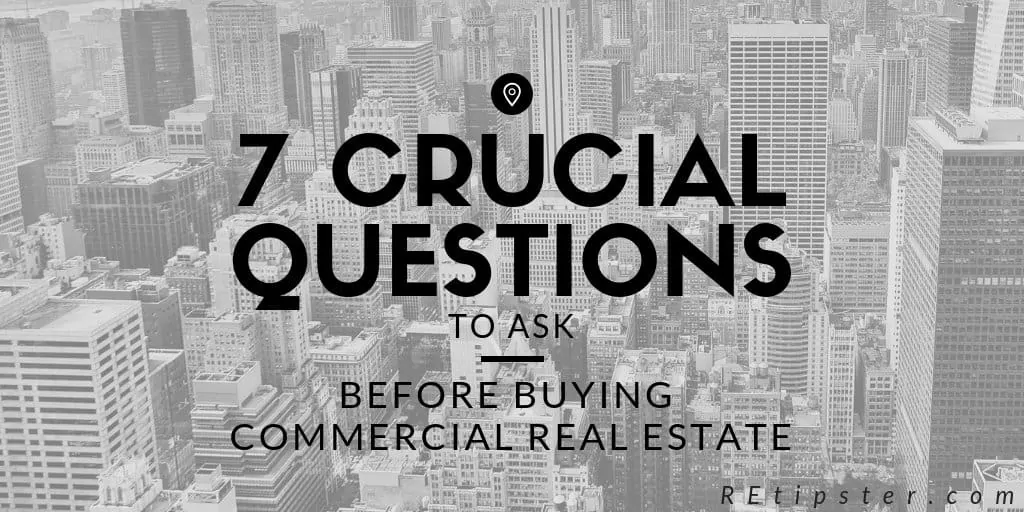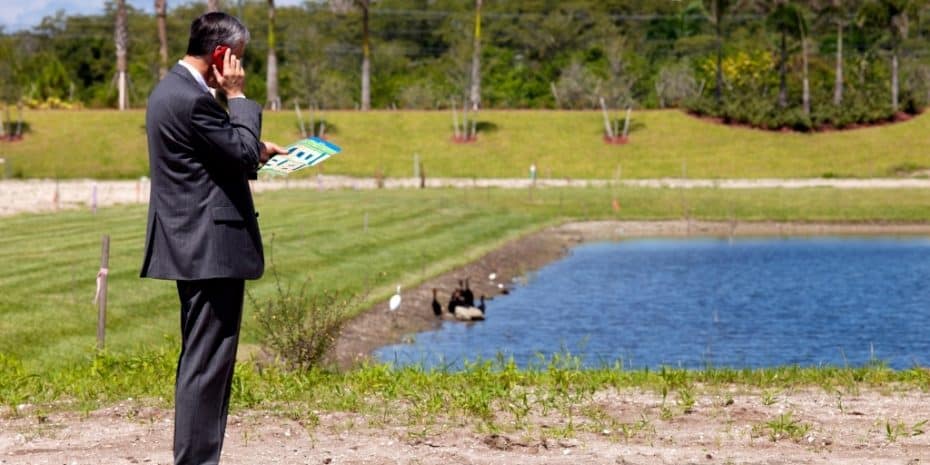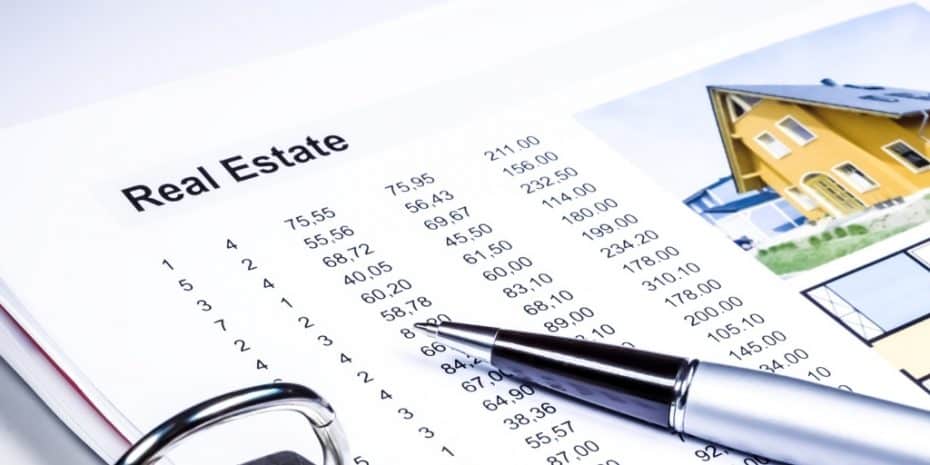
Commercial real estate investments have the potential to provide investors with hassle-free high net yields and healthy capital growth potential. This is a draw for any investor.
There are, however, some key considerations before buying any commercial property. To ensure that you're working with a quality and secure investment, ask the following questions:
1. Is There Sustained Demand for Commercial Property?
Demand is one thing, but sustained demand quite another.
When investing in commercial real estate, you are targeting a specific demographic for tenancy (whose changing patterns force trends in commercial real estate development). This makes assessing demand straightforward. When it comes to student housing, for example, there are a number of critically under-supplied cities, where demand will remain high for many years. Despite current demand in other cities, relatively high saturation and a large number of new developments will see demand waver at some stage in the years to come.
This is a crucial aspect of any development as high, sustained demand will ensure that your investment remains attractive in the long-term. It can maintain yields, ensure ease of exit, and improve capital growth potential.
2. Is the Commercial Property in a Good Location?
It goes without saying that location is a key component of any real estate investment. The same is true for commercial real estate, although the rules are slightly different. Here's an article about how commercial real estate differs from its residential counterpart.
A city that is attractive for residential real estate investing may not necessarily be profitable for things like student housing, self-storage, car parks, or other commercial assets. Any investor should conduct thorough due diligence to deem why a location can attract high occupancy and thus high profitability.
In addition to selecting a suitable city for investment, it is also important to ensure that the positioning of development within that city is attractive, with the different factors affecting various sectors.
3. Do the Property Guarantees Make Sense?
If the property has a guaranteed income period, a commercial real estate investor should verify that it actually makes sense. Compare the guarantees with other local properties, particularly rental demands. Assess the demand for such a property in a specific location.
4. Can I Trust the Developer?
Regardless of how good a location might be, if the developer is of poor quality or inexperienced in their trade, the property may have limited profit potential. The available yields in commercial real estate have attracted a lot of new and inexperienced developers who must be avoided.
It is also worth looking at the performance of past developments, ideally in the same sector. This allows you to ascertain their performance and track record.
5. What Exit Strategy Is In Place?
A flexible exit strategy is a crucial element in any commercial real estate investment. Although the sustained attractiveness of your investment property is a major element of this, the specific investment conditions you agree to also have a huge influence.
Long guaranteed income periods (with attractive yields) represent the best conditions to ensure a flexible exit strategy. They provide investors with the opportunity to leave at any stage during the investment cycle while presenting buyers with attractive conditions on a fully operational and proven development. Healthy capital growth of up to 40% is also highly achievable, with initial high yields suggesting a below market value investment level—often the case with new builds especially. You can't find this kind of flexibility in shorter guaranteed income periods due to less attractive investment conditions being available at resale.
Another common investment condition is guaranteed buy-backs. Although these can still provide flexibility, they deserve heavy scrutiny before investing. Any guaranteed buy-back should be based on a tried-and-tested business model and not mere projections.
6. Does It Fit With My Investment Objectives?
Two key elements of security that some investors overlook is:
- How well an investment suits their own objectives.
- What place it will take up within their existing portfolio.
What might be a great investment for one investor may not suit another. Keep in mind that diversity is important, and commercial properties offer a great opportunity to achieve this without investing a fortune.
7. What Are the Risks of Commercial Real Estate Investment?
A key aspect of a successful investment is mitigating risk. Doing all of the above can do the same in commercial property. Another is to ensure that contracts are robust and asset-backed.
It's common for developers to set up third-party shell companies through which they underwrite guarantees. This is highly insecure, as they commonly have zero assets.
It is always a good idea to consider the worst possible scenario. Ask yourself the impact it will have on you and your portfolio and the measures you can take against it.
Should You Invest in Commercial Property?
By asking the questions outlined above, you can go a long way in ascertaining whether an investment is secure, profitable, and right for you. However, the most important thing is to ask a professional consultant any questions that come into your head, regardless of how silly it may seem to you. One of the most crucial aspects of security in any investment is your own understanding—and even if this takes a hundred more questions, so be it.
Author Bio




















